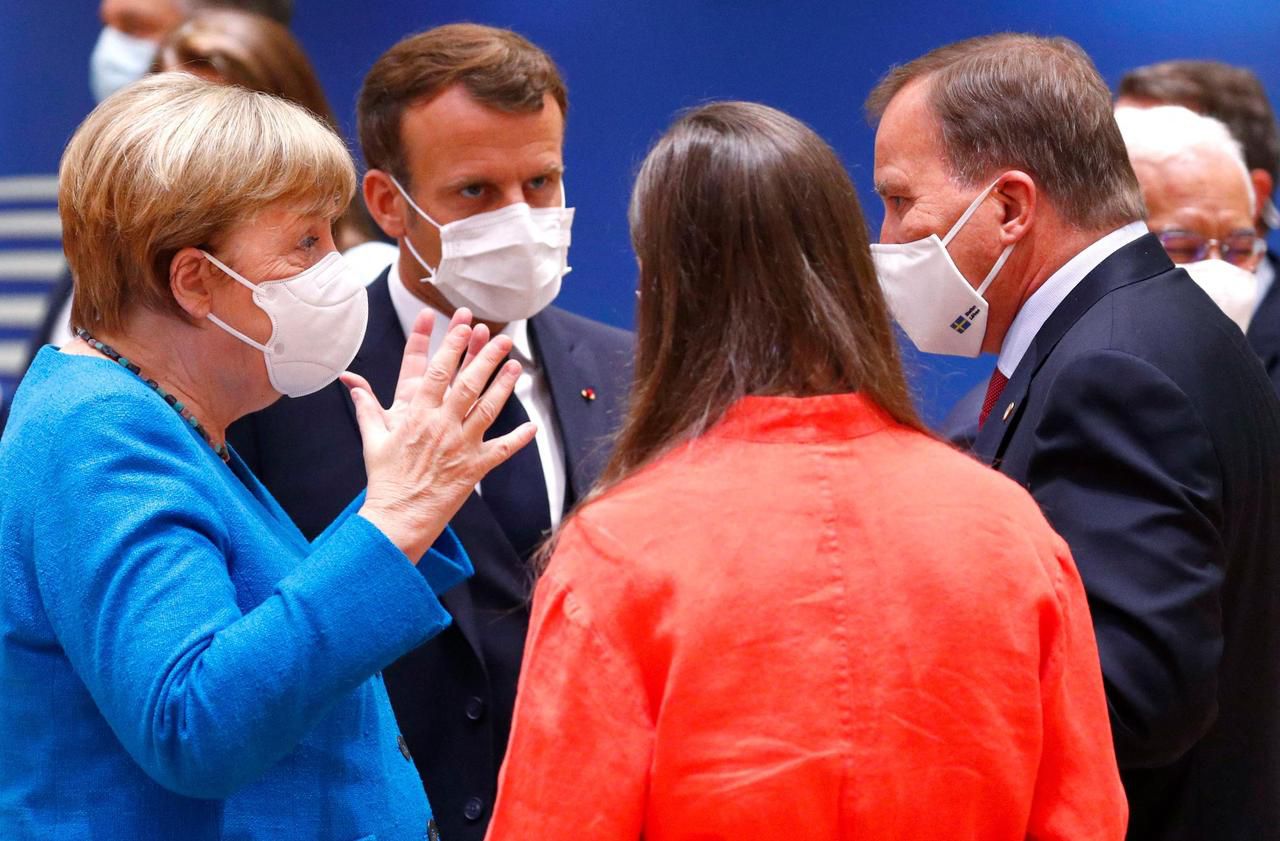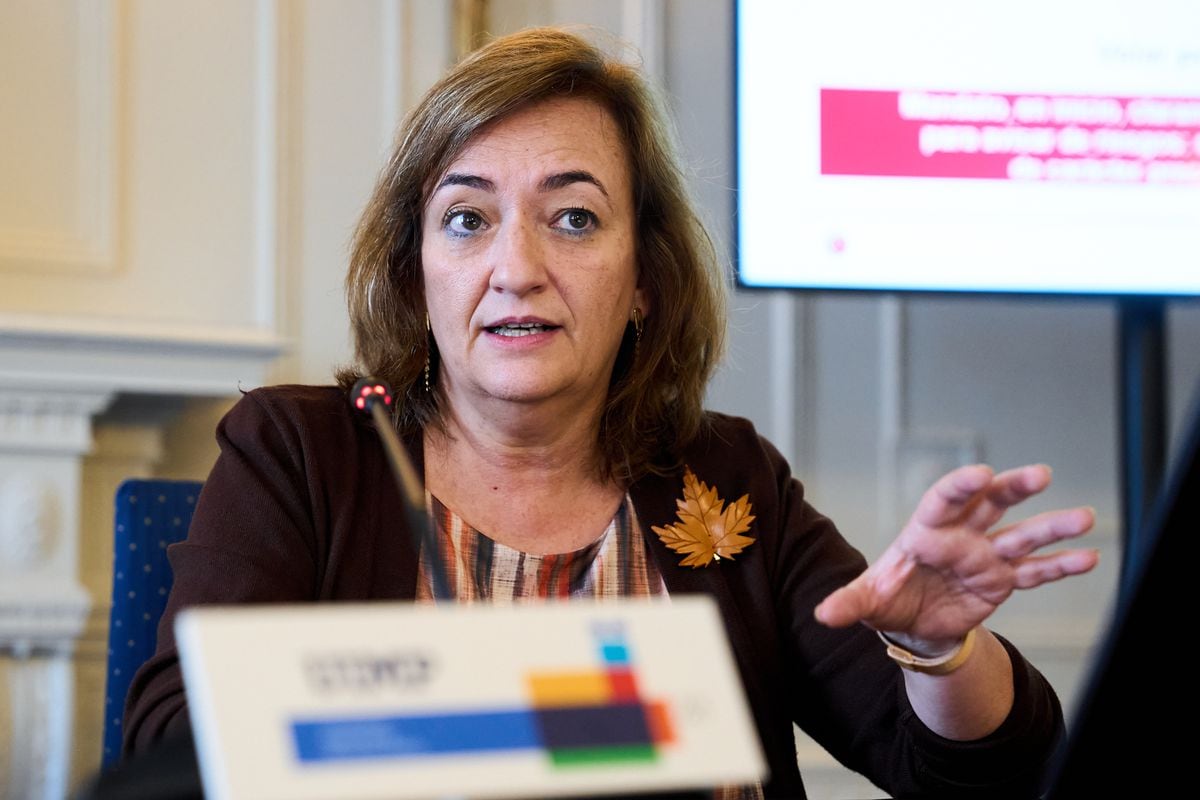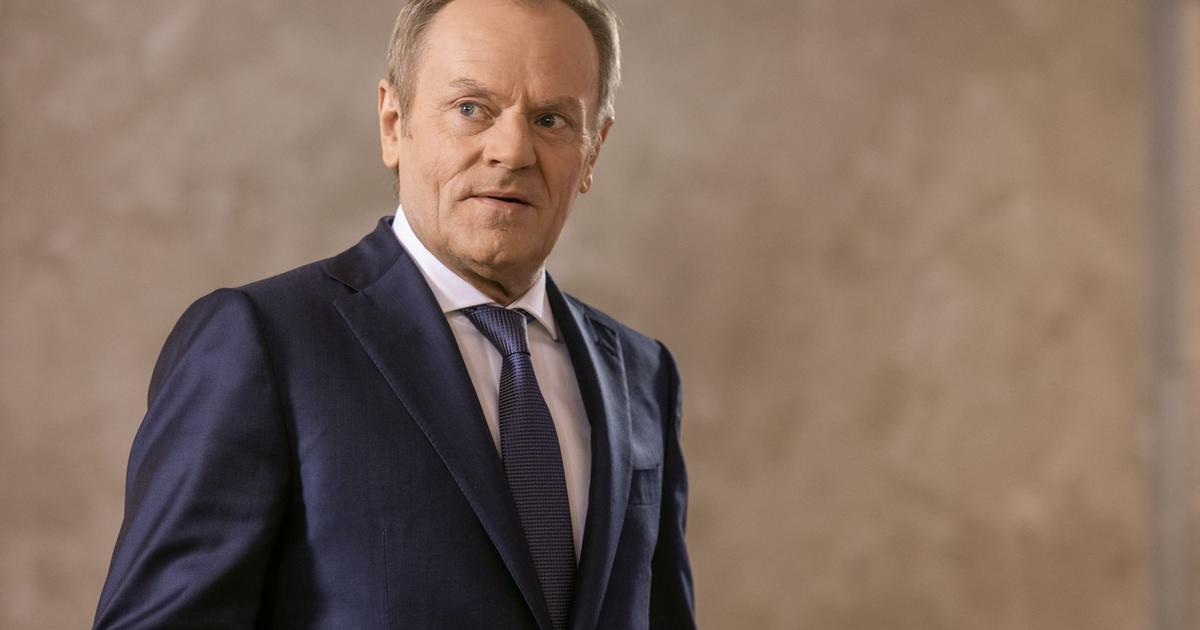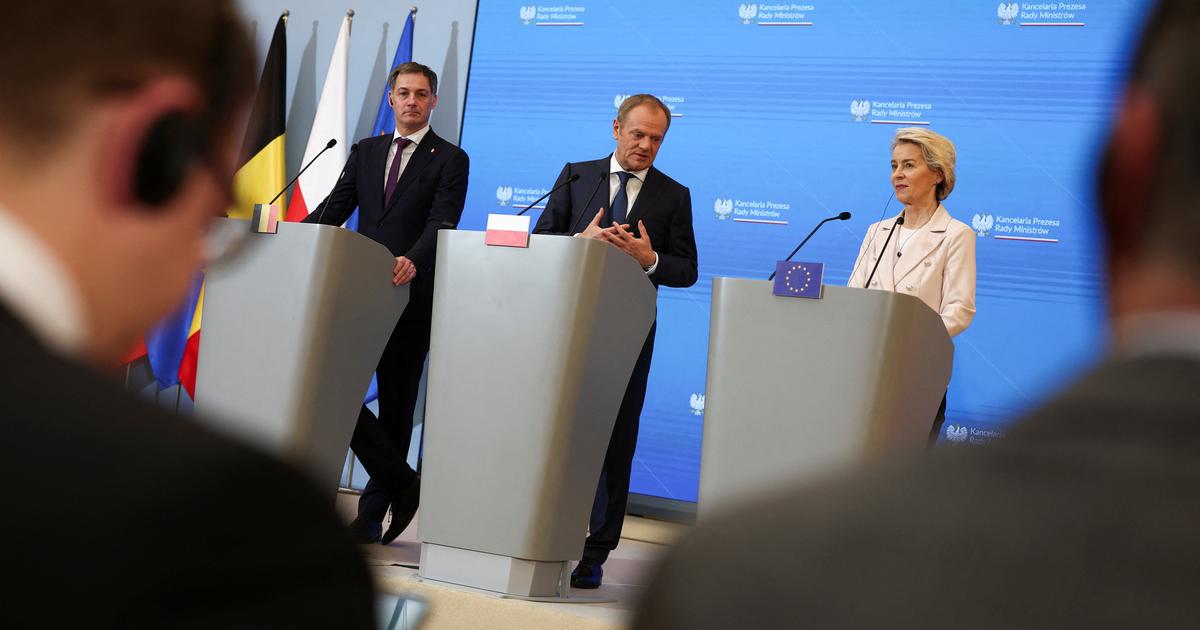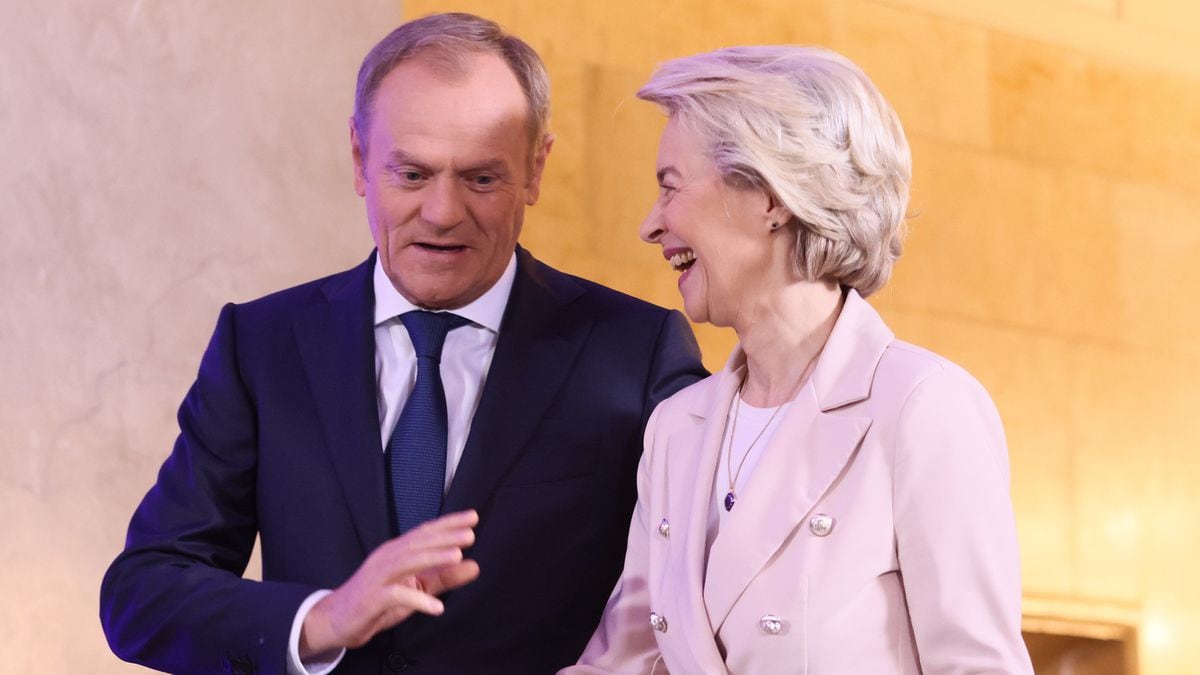Despite the urgency of the crisis, negotiations still blocked Saturday, July 18 in the evening in Brussels on the post-Covid-19 recovery plan. Pending a "last chance" dinner between the 27 heads of state or government at the headquarters of the European Union (EU), the Belgian president of the European Council Charles Michel, host of the summit, concocted a ultimate compromise proposal. For the time being, two cacti were preventing the agreement: the scale and the governance of the plan.
First, the size of the stimulus package. The latter, finalized by the Commission from the famous Franco-German plan of May 18, provides for an overall envelope of 750 billion euros, including 500 billion in non-repayable grants and 250 billion in conventional loans. The whole being financed by a mutual European loan, a first in the history of the EU. However, these 750 billion seem disproportionate in the eyes of the four so-called "frugal" countries, Netherlands, Austria, Denmark and Sweden, led by the Dutch Prime Minister, Mark Rutte, a "tough" à la Thatcher, according to a diplomat. In addition, these wealthy countries with strict budgetary orthodoxy prefer loans to grants. "This morning again, one of them wanted to reduce the subsidy part to ... 160 billion," is moved by a member of the French delegation.
Merkel and Macron "perfectly aligned"
For Paris and Berlin, this envelope intended to feed the national recovery plans of the member states following the Covid-19 crisis constitutes a red line. On the sidelines of the plenary sessions, Angela Merkel and Emmanuel Macron, "perfectly aligned", according to an Elysian adviser, held together, in the large office of the German delegation, meeting after meeting with recalcitrant leaders - Swedish, Austrian, Polish ... And they had tireless consultations with Charles Michel and Ursula von Der Leyen, President of the Commission.
Charles Michel proposed a new version of the plan: fewer grants and more loans. But the sums expected by France or Italy (respectively 35 and 60 billion) would not budge, or even increase slightly. To appease the "frugal" (or "stingy"), the EU Presidency proposes to increase their annual rebate by 100 million euros. All four share a € 3 billion rebate each year on the grounds that they give more to the community budget than they receive.
An "alarm mechanism" rather than a veto
Second obstacle, the governance of the plan. Mark Rutte, his eye on Italy and other “cicada” countries of the South, who waste, according to him, public funds, demands a veto power from each state over the recovery plan of any other state. Opposed to this politically unacceptable system for those concerned and contrary to the spirit of solidarity, Merkel and Macron would nevertheless be ready for a compromise: "no veto, but an alarm mechanism, with the intervention of the European authorities to the key, if we see that this or that country makes improper use of the funds paid, ”explains an adviser.
Will the leaders of the "frugaux", who will have to show their opinions that they have obtained results in Brussels, be satisfied with these compromises? Or will we still have to discuss step by step this Sunday… or even postpone things until later and fix another date, if possible before the summer break at the end of July?

